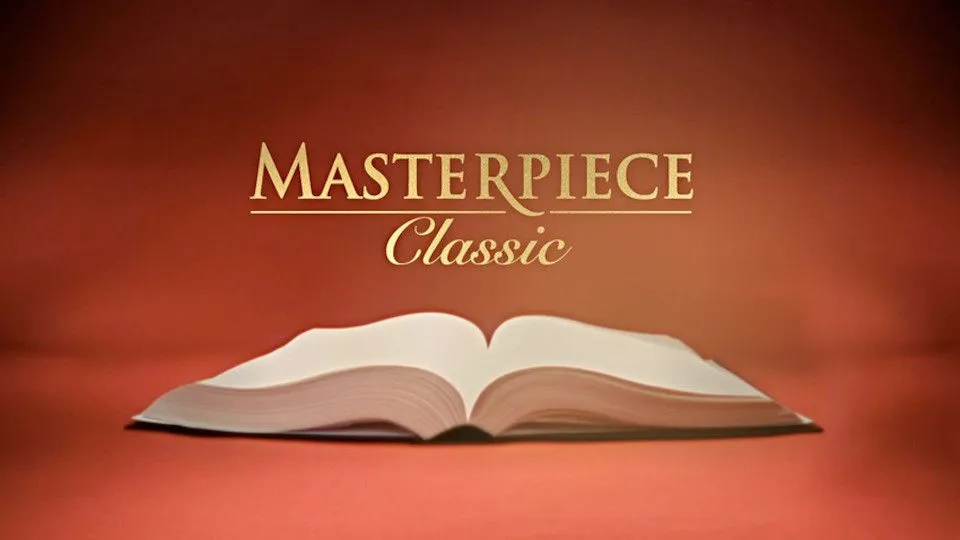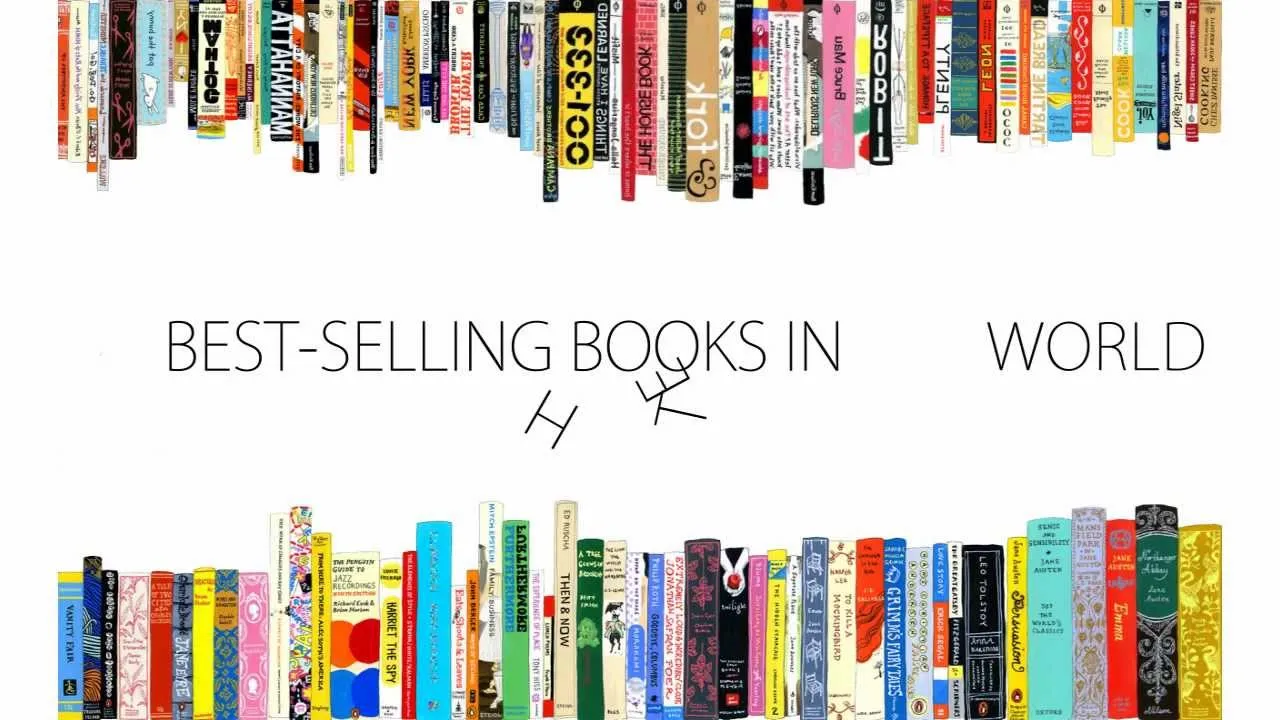
There’s a popular belief in cinema that the sequel usually tends to be worse than the original first film.
According to many, The Godfather 2 was one of the few sequels that not only lived up to the first film, but it ended up being an even better movie in its own right.
Even today, when you read the critics of blockbusters like DeadPool 2 for example, everybody seems equal parts happy and genuinely surprised that the second movie is actually better than the first one.
This type of discourse is very popular, and not for lack of reason. Sequels do not tend to do very well generally.
Let’s take True Detective for example, one of the best rated TV shows in history and one certainly one of the best ever written.
Despite the immense writing talent of Pizzolatto, almost every fan will tell you that season two is a few scales behind season one, which was a true masterpiece.
There’s a simple reason behind that, which is that the newest content does not necessarily have to be the best.
The most important aspect does not seem to be the release date, but rather the success in appealing to people's senses and emotions.

Have you ever wondered why great musicians always seem to release a “Best Of” Album? Or why some special songs withstand last the test of time?
For example, even at this very minute there are probably lots of people listening to Metallica’s The Unforgiven despite the fact the song was released over two decades ago.
Others are still listening to John Lennon, or Bob Dylan and similar artists from another era.
Even me, at this very second I am listening to Chopin while I’m typing this.
To this day people keep talking about Nirvana or Bob Marley years after their death. People are still imitating Michael Jackson or Elvis decades after their last masterpieces were released.
I don’t think that I reveal anything new by saying that evergreen content is certainly one of the most important aspects to content creation.
It is what defines a great timely content from a legendary timeless masterpiece.

Whether it is short form or long form, in audio or video, whether it’s music, literature, cinema, written articles, blog posts, YouTube videos, stand up comedies or any type of content really...
The only thing that matters is that the content stays relevant and that enough people care about it.
That’s the reason why people still watch old stand up comedies from George Carlin, Bill Hicks, Lenny Bruce, Johnny Carson… Long after they passed away.
That’s why you see TV shows like Friends being shown - and still extremely popular - in many countries of the world despite the fact the show’s finale was almost a decade and a half ago.
That’s why old blog posts like Kevin Kelly’s 1000 True Fans are still getting tons of traffic to this day.
That’s why some old literature still features among the all-time best sellers: Orwell’s 1982, Salinger’s Catcher in the Rye, Harper Lee’s To Kill a Mockingbird, Vonnegut’s Slaughterhouse five”.. And the list goes on.
The point is, you do not need to be a content expert to observe the massive role evergreen content plays in almost every art form.

When you stumble upon a great YouTube channel what do you do? You click on “popular” to see the best videos that creator has made.
When you watch a great performance in a movie, what do you do? You go to IMDB and look up the actor or actress in question and see what other movies they have been in.
The first thing you see is a sample of their best and most popular work, later when you scroll down and click on Filmography you get to see all their previous work classified by date.
By the same token, if you were to click on a certain genre - or even a certain tag for that matter - what you’ll see is the best rated and most popular content according to those parameters. Though if you want you always have the “new” option to choose from.
All the big websites have a substantial number of engineers that specialize in social behavior, data analysis, trends research… And all of them seem to classify content by popularity, though always providing the option for selecting new content.
For one reason or another, their research has let them to not overlook the key appeal of evergreen content and combine it with the trendy appeal of new releases.
Personally, I think that the value of evergreen content is undeniably far-reaching and paramount, but what about you? What do you think?
